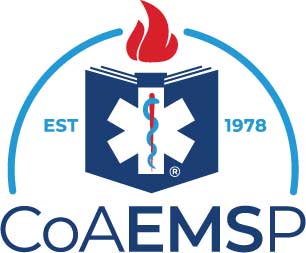September, 2022
Kim McKenna
Rick Ellis
Jeff McDonald
Megan Corry
It is widely acknowledged that the capstone field experience represents the synthesis of all learning in a paramedic program. This phase of the program is critical to assess the paramedic student’s ability to integrate all elements of learning gained in the classroom, lab, clinical, and field experience. During the capstone field internship, the student must successfully team lead with minimal prompting and be provided accurate, honest feedback by expert field preceptors. The selection, training, and ongoing feedback between the program staff and capstone field internship preceptors is essential to assure that the student is progressing appropriately and to intervene with remediation measures when communication between program staff and preceptors indicates that the learner is not reaching entry-level practice as a paramedic.
This panel discussion explores these issues and provide guidance on how to design an effective capstone experience to maximize the student’s success at this most critical phase of their program.
- Describe the goals of the capstone experience.
- Determine selection criterion for capstone preceptors.
- Outline strategies to assure the capstone preceptor(s) know their expectations.
- Explain effective approaches capstone preceptors may use to provide feedback to students.
- Discuss the techniques to monitor student progress during the capstone experience.
- Identify measures to remediate learners who are struggling during the capstone experience.
- Locate resources on the CoAEMSP website with information related to the capstone experience.

